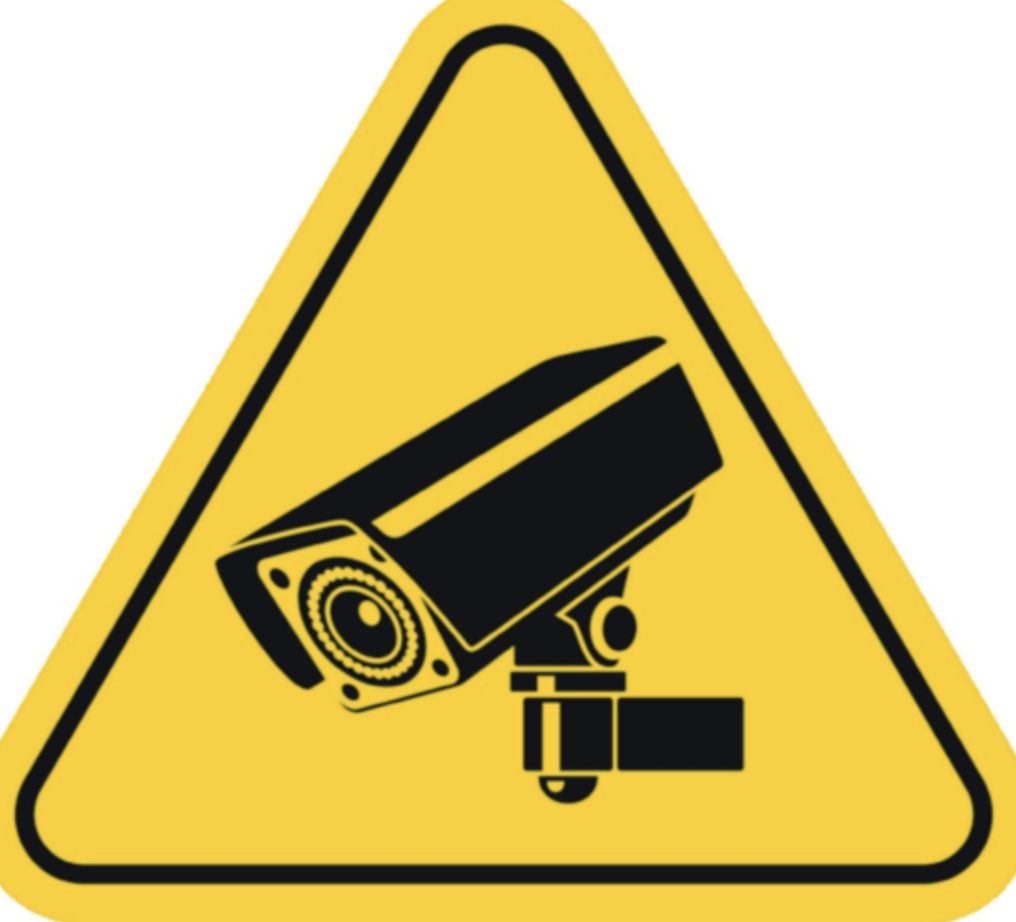San Francisco is home to some of the most tech-savvy people in the world as well as people who despise a lot of that technology and what comes with it. Both of these types of residents should have something to agree on in March’s primary election: voting no on Proposition E.
According to a member of the mayor’s staff, Prop E authorizes the San Francisco Police Department to “experiment” with any technology they want, to “see how it works,” with none of our existing oversight or transparency restrictions for a year. That means no reporting requirements, no guidelines, and no accountability—just free rein for a year to use nearly any new surveillance technology, regardless of its cost or effectiveness.

Police are desperate to find new ways to make San Franciscans feel safer, but tech insiders know that using untested, unaccountable, and dubious technology is simply not the right approach.
Tech marketing departments are always willing to take liberties that might make engineers roll their eyes—that’s why we look between the lines of the ad copy. Techies don’t hand over permissions to just any app or device that asks for it. There’s too much malicious, invasive, or shoddy tech out there to be careless, and that’s exactly why we should apply the same kind of scrutiny to taxpayer-funded tools that deploy armed police into our communities.
New technology is often touted as a great thing, but those who’ve worked in the field know to be much more cautious. It’s the quality of tech that matters, not its newness or the size of its advertising budget.
For example, one of the newer technologies that some police have been buying in cities around the country is AI-based “predictive policing.” Others are purchasing huge buckets of private geolocation data from data brokers. Still others are scanning city residents’ social media posts. And according to the city attorney, Prop E would even allow police to use facial recognition on unsuspecting residents—a technology whose government use is currently banned in San Francisco after a 10-1 vote by the Board of Supervisors in 2019.
There’s clear proof that these invasive tools don’t do what they claim, can be dangerous, and may even have the opposite impact as what’s marketed—but if Prop E passes, our city could spend money on them anyway.
Then there are those San Francisco residents who can’t stand a lot of the tech that’s come to define the city. They know that over-reliance on technology can lead a whole city astray. They know that there’s no silver bullet piece of technology that will magic our social problems away. They know that San Francisco residents are already over-surveilled.
They know that SFPD has a track record of going hog wild with whatever tech it deploys, and it has not earned the trust to turn our city into a lab.
Throughout the 20th century, SFPD surveilled and conducted raids on establishments frequented by the LGBTQ+ community. By the 1970s, the SFPD Intelligence Unit had collected files on more than 100,000 San Franciscans dating back decades, including civil rights demonstrators, anti-war activists, labor union members, and student protestors from San Francisco State University. In the 1980s, the SFPD spied on organizations during the 1984 Democratic National Convention, and maintained files on at least 100 civil rights, labor, and special interest groups.
This freewheeling attitude toward surveillance has not changed. The SFPD misuses technology that it can already access, even recently tapping intoprivate camera networks to obtain live feeds solely to monitor protesters exercising their rights.
The ordinance that Prop E attempts to claw back is aimed at addressing these very concerns, by providing the people of San Francisco with a voice in deciding what spy tech is and isn’t appropriate for our city. Before the harm has been done.
It should surprise no one that tech moguls are some of the biggest proponents of Proposition E, spending millions of dollars to help it pass. But San Francisco’s residents aren’t lab rats, and the city shouldn’t become an even bigger tech experiment than it already is.
With all the mind-boggling, dangerous, nearly-science-fiction surveillance technologies currently available to local police, we must ensure that the medicine doesn’t end up doing more damage to the patient. Trashing important oversight mechanisms that keep police from acting without democratic checks and balances will not make the city safer.
Whether you love tech or hate it, you should know not to fall for the marketing campaigns of surveillance tech companies and the police who love them. Ensure that our city keeps using only smart, proven technology by voting no on Proposition E March 5.
Jason Kelley is activism director and Matthew Guariglia is senior policy analyst at the Electronic Frontier Foundation, a digital civil liberties nonprofit based in San Francisco.



